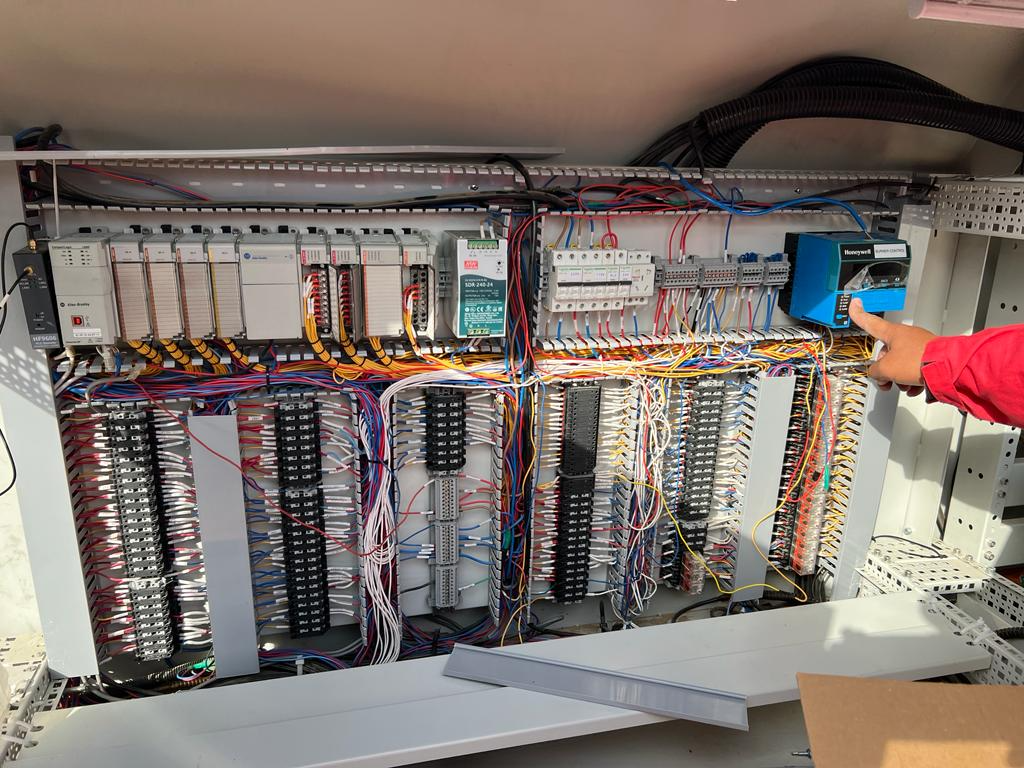
A Programmable Logical Controller (PLC) is a robust computer used for Industrial Automation. These controllers can automate a specific process, machine function or even an entire production line. PLC is an Industrial computer control system that continuously monitors the state of Input devices and make decisions based upon a custom program to control the state of output device.
History of PLC:
It was originated in late 1960s in the automotive industry in the US and was designed to replace relay logic systems. Before control logic for manufacturing was mainly composed of relays cam timers drum sequences and dedicated closed loop controllers. Now as the technologies has evolved the PLC is also getting evolve over the years this include sequential relay control, motion control, process control, distributed control system and network communication. These PLCs can be programmed in languages called Instruction List, SFC (Sequential Function Chart)/STL (Statement list). Then to facilitate the maintenance of the systems to be controlled was introduced a graphical language called Ladder language also known as ladder diagram, which looks a lot like a schematic diagram of relay logic.
Why PLC?
- To reduce Human Efforts.
- To get maximum efficiency from machine & control them with human logic.
- To reduce complex circuitry of entire system.
- To eliminate the high costs associated with inflexible, relay-controlled system.
Advantages of PLCs:
PLCs are fully solid state device and hence extremely compact as compared to hardwired control where electromechanical devices are used, Easy maintenance, Energy saving (average power consumption is just 1/10th of power consumed by an equivalent relay logic control), Economical (cost of plc recovers within a short period and considering one time investment plc is most economical system), Greater life & reliability, Tremendous Flexibility (to implement changes in control logic no rewiring is required so considerable time is saved, plc can carry out complex function such as generation of time delay, counting, comparing arithmetic operations, “ONLINE” as well as “OFFLINE” programming is possible).
Applications:
As the evolutions in industry is going on year by year the adoption of the PLCs take place in different applications such as Power Generation (hydro, coal, oil etc.), Transmission (oil plant etc.), Manufacturing (computer aided manufacturing, flexible fabrication plant) and so on. Presently, PLCs are not only control the operating logic of machines, plants, and industrial processes, but can also perform arithmetic operations, handle analog signals to perform control strategies, such as PID controllers (Proportional, Integral, and Derivative).
To continue reading the complete article, click the link below:


